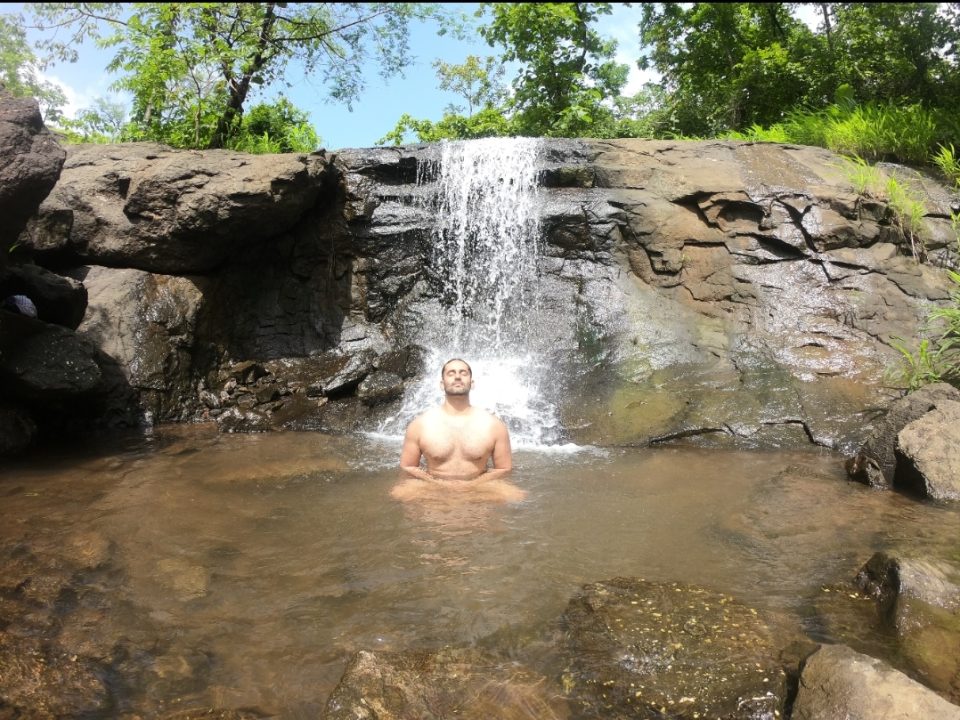How Experiential Tourism Redefines Customer Expectations and Hospitality Success
Introduction
The tourism industry is undergoing a significant transformation, driven by evolving customer preferences and expectations. Danish Zakaria, Founder of Lakeside Boheme-Inn, a boutique farmstay near Karjat, offers insights into how modern travelers prioritize unique, meaningful experiences over traditional holiday options. His observations shed light on a broader trend shaping the hospitality sector—experiential tourism, where customer experience (CX) plays a pivotal role in determining success.
Experiential Tourism: The Decline of Party-Centric Destinations
Tourism hotspots like Goa, once renowned for their affordability and vibrant nightlife, are experiencing a decline in popularity. Danish Zakaria attributes this to rising costs, fewer foreign visitors, and inadequate infrastructure, which collectively make Goa less attractive. At the same time, global competition has intensified, offering travelers affordable alternatives with superior experiences. As Zakaria explains,
“Today, the same budget that once covered a Goa trip can now open doors to international destinations offering luxury and variety.”
Travelers are no longer satisfied with destinations that merely promise parties and entertainment. Instead, they seek destinations that align with their personal values and provide enriching experiences. This shift underscores the need for the hospitality sector to adapt quickly and focus on delivering exceptional customer experiences that go beyond the traditional offerings.
Experiential Tourism: The Rise of Nearby, Experiential Getaways
Domestic travelers, particularly those from metropolitan cities like Mumbai, are redefining their travel habits. Zakaria notes that destinations such as Karjat and Khalapur are becoming increasingly popular among urban dwellers. These locations provide proximity, convenience, and a much-needed escape from city life.
Unlike party-centric tourism, these emerging destinations focus on offering tranquility, connection with nature, and curated experiences. Zakaria observes, “Travelers now prioritize natural habitats, engaging activities, and pet-friendly stays, all of which foster meaningful connections with themselves and others.” This change in preferences highlights a significant opportunity for boutique stays to attract and retain customers by emphasizing personalized experiences.
The Role of Experiences in Modern Tourism
In today’s competitive landscape, experiences have become the cornerstone of the hospitality sector. Zakaria emphasizes that unique offerings such as guided treks, sustainable farming activities, wellness retreats, and art workshops are becoming essential components of a memorable holiday. These activities not only add value but also create emotional connections between travelers and the destinations they visit.
Properties that embrace these experiential elements are better equipped to cater to the modern traveler, who seeks more than just relaxation. As Zakaria points out, “People now look for a connection—with nature, with themselves, and with others.” This emphasis on connection is reshaping the hospitality industry and setting new standards for customer experience.
How CX Drives Success in Hospitality
Customer experience has emerged as a critical factor in the success of tourism businesses. Modern travelers expect more than comfortable accommodations and scenic views; they demand personalized, authentic, and meaningful experiences. Properties like Lakeside Boheme-Inn exemplify how understanding and adapting to customer needs can create a loyal customer base.
Zakaria explains that the focus on CX extends to every aspect of the guest journey. From seamless booking processes to tailored on-site experiences, every interaction contributes to the overall perception of a property. Businesses that prioritize CX not only attract more guests but also generate positive word-of-mouth and repeat visits.
The Competitive Edge of Boutique Stays
Boutique properties like Lakeside Boheme-Inn have a unique advantage in this evolving landscape. Unlike large hotel chains, they can offer personalized services and curated experiences that resonate deeply with travelers. Zakaria highlights how his property emphasizes a welcoming vibe, natural habitats, and curated activities, which align perfectly with the preferences of modern tourists.
Additionally, boutique stays can focus on sustainability and community engagement, further enhancing their appeal. By offering eco-friendly accommodations and locally inspired experiences, these properties cater to the growing demand for responsible tourism. This approach not only satisfies customers but also builds a positive brand reputation, ensuring long-term success.
Meeting the Expectations of the Modern Traveler
Understanding the expectations of modern travelers is crucial for hospitality businesses to stay relevant. Zakaria identifies several key trends that define the preferences of today’s tourists:
- Personalization: Guests expect tailored experiences that cater to their individual needs and interests.
- Authenticity: Travelers value genuine interactions and unique cultural experiences over generic offerings.
- Sustainability: Eco-conscious travelers prioritize properties that adopt sustainable practices and promote environmental responsibility.
- Engagement: Activities that encourage participation and foster connections are increasingly popular.
Properties that excel in these areas can differentiate themselves in a crowded market, creating lasting impressions and fostering customer loyalty.
The Shift Towards Experiential Tourism
The growing popularity of experiential tourism reflects a broader cultural shift in how people approach travel. Instead of treating vacations as mere escapes, travelers now view them as opportunities for growth, connection, and self-discovery. Zakaria’s insights reveal that this trend is not limited to a specific demographic but spans across generations and backgrounds.
This shift has significant implications for the hospitality sector. Businesses must rethink their offerings and adopt a customer-centric approach that prioritizes experiences over amenities. By doing so, they can meet the evolving expectations of travelers and create memorable journeys that inspire loyalty and advocacy.

Conclusion
Danish Zakaria’s observations on changing tourism trends underscore the critical role of customer experience in shaping the future of the hospitality industry. As travelers increasingly seek unique, meaningful, and personalized experiences, businesses must adapt to stay competitive.
The rise of experiential tourism offers a valuable opportunity for properties to differentiate themselves and build strong connections with their customers. By focusing on CX, boutique stays like Lakeside Boheme-Inn demonstrate how delivering exceptional experiences can drive success in an ever-evolving market. Ultimately, the future of tourism lies in its ability to create lasting memories and meaningful connections, ensuring that every journey becomes a transformative experience.

